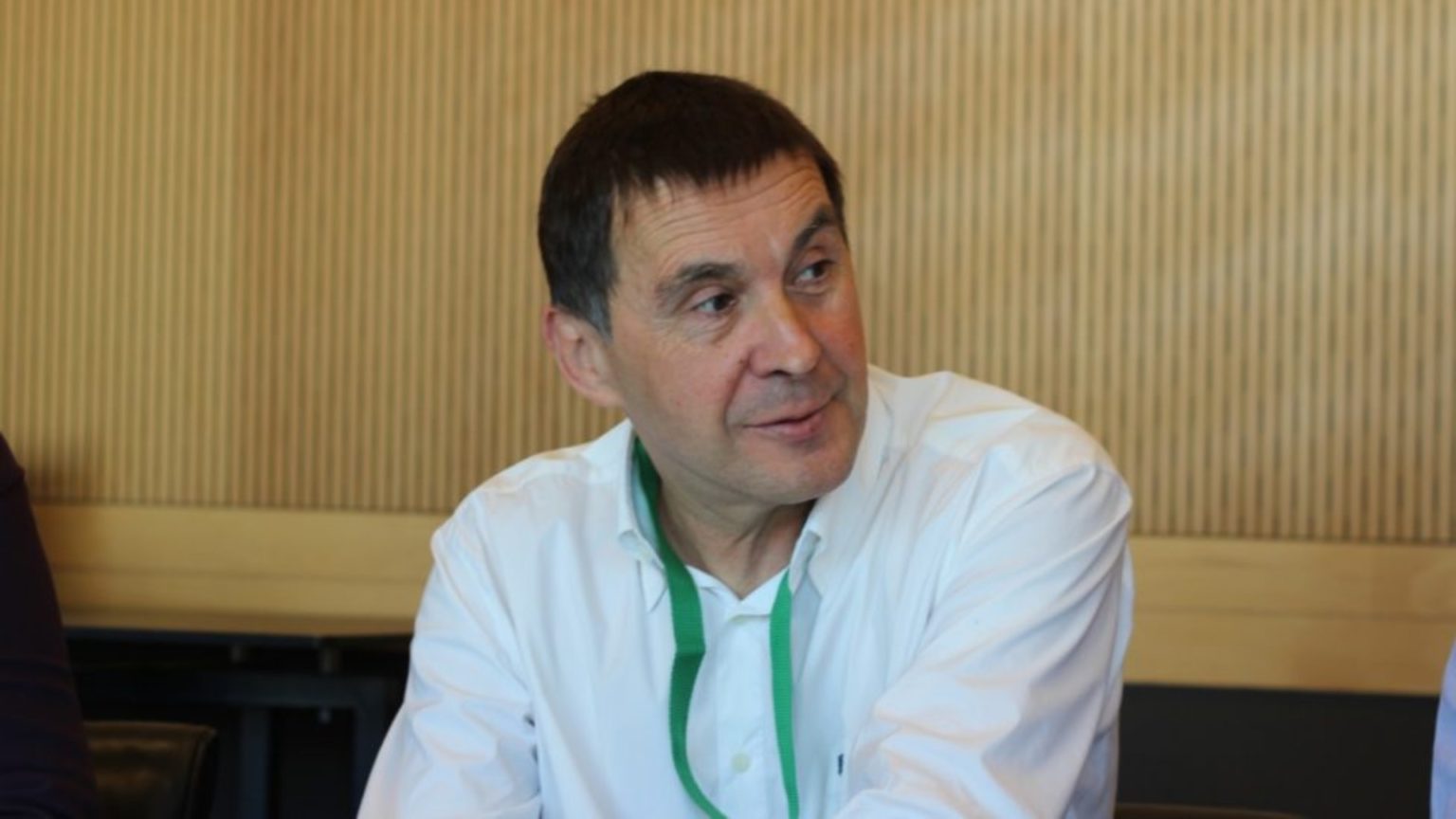A Basque confession
«And all that I have said here, incidentally and for the edification of those who pick and choose their wrongs, adhering to a double standard, also goes for Francoism»

Wikimedia Commons | Wikimedia Commons
As you know, the personal is political (and vice-versa). Although only for those matters in social life that affect us indirectly, because when criticism deals a blow to our respective projects or those of people close to us, we become more serious and circumspect. So allow me to begin with a story, in order to unveil more than I was asked for and more than I should. Paul Auster would often say that such stories are a form of knowledge. I don´t want to go that far, but I do know that they shed light on the world better than I am willing to admit.
A few weeks ago I was talking to a friend who, thanks to his innate goodness and intelligence, has always managed to make me rethink certain political positions. We met in the University, read the same books shared the same concerns and he passed me those class notes that I never took for myself. Another proof of what he is like and what I am like. In any case, the other day I confessed to him that I had never voted for the Partido Popular. He was really surprised (I think even my father will be when he reads this column.) What he went on to say left me dazed for a few hours. My friend had a perfectly clear recollection of how, when we were students, in one of the schools most marked in its day to day existence by the activity of the kind of people from which ETA recruited, I came out publicly in defense of the PP. I was the first person in his circle who felt no compunction about saying that kind of thing in public. ¿How would somebody who was not convinced take such a risk? What need did I have to do so? I know that many other people who knew me then will have had this experience. It wasn´t easy to find anyone who was not in tune with the quasi-hegemonic discourse at that time. And it was surprising because back then the PP was the second most voted political formation in the Basque country. Anyone who listened closely to conversation in bars had to wonder where that many votes came from. They could only speak in a low voice or on the sly. Better not to get involved in politics.
This past Saturday we woke up to an interview with Maddalen Iriarte, the spokeswoman for Bildu in the Basque Parliament, who assured her listeners that “the damage done by ETA is a recognized fact; whether it was unjust or not depends on the story you tell”. If you are not scandalized yet, substitute Francoism for ETA, or violence against women, or racism. And if you had to perform this exercise, maybe you should rethink your capacity for making moral judgements. I am in effect going back to the same place I was before, because, faced with those who prescribe progress in this country and the ministers who hand out membership cards for having a sense of responsibility, ETA is a past that is not past. Reality always knocks at their door and they slam it in the face. “Where do you see any homages to terrorists?” “Listen here, if anyone is apologizing for terrorism, which is still a crime, let them take it to court”. “Memory is multifaceted and the Basque conflict has been a complex one”. “We have to turn the page”. “What matters is not who you are negotiating with but what you are negotiating”. “Everything is ETA, ha ha ha”. And so on.
At the time my decision to participate in the public conversation in that way was a deliberate one. Like so many others, I could not accept what we were going through. It never mattered to me that anyone might take me for what I was not, Judith Shklar has pointed out that “we often choose peace over justice, but they are not the same thing. To confuse them is to invite passive injustice”. For decades, all that machinery of terror did a number on a considerable part of society. In the meantime there were those who looked the other way and others who never acknowledged it. The consequences keep on being conjugated in a traumatic present tense and they make it impossible to build a just and decent society. But not to do so is a civic mistake we cannot afford. And all that I have said here, incidentally and for the edification of those who pick and choose their wrongs, adhering to a double standard, also goes for Francoism.

